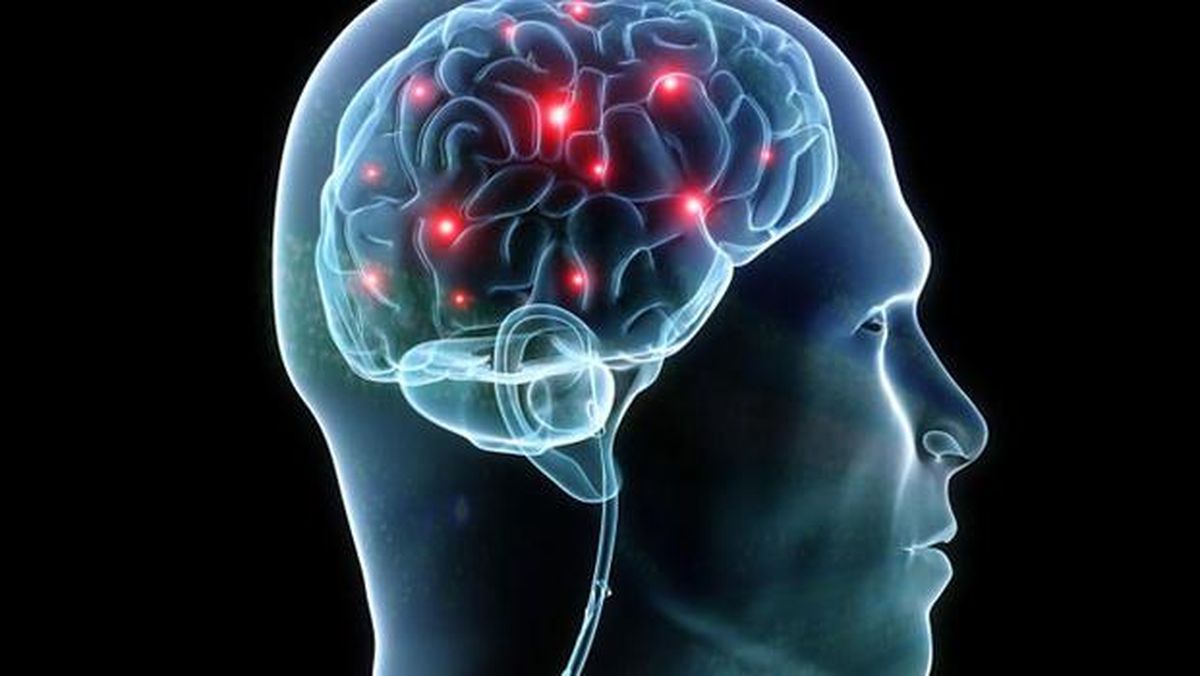There is no link between taking paracetamol during pregnancy and an increased risk of autism in children, multiple experts have said, citing the strongest and best-quality data we have.
Specialists are warning that US President Donald Trump’s calls for pregnant women to avoid acetaminophen (commonly known as Tylenol in the US and paracetamol in Australia) could cause more harm than good. The drug is proven to reduce the severity of fevers, which are known to cause adverse outcomes such as miscarriage and birth defects.

Experts have said US President Donald Trump’s claim that autism and paracetamol are linked is wrong.Credit: Matthew Absalom-Wong
Where does this link between paracetamol and autism come from?
Some scientific reviews have identified very small associations between paracetamol use during pregnancy and autism in babies, but this type of analysis cannot prove cause and effect, and can’t fully account for other factors that could have contributed to the result.
If there was a link between pain relief and increased risk of autism, that risk could be caused by the reason why a pregnant woman is taking the drug – such as fever, infection or chronic health issues – rather than the drug itself, for example.
“Research claiming to find a link does not separate out correlation from causation,” Dr Steven Kapp, a member of the Coalition of Autism Scientists from the University of Portsmouth in the UK, said.

Tylenol caplets.Credit: Getty Images
“Parents of autistic children may be more likely to take paracetamol for reasons including that they are more likely to be autistic, and autistic people are more likely to have pain (to be hypersensitive to pain and to have pain-related conditions).”
What do we know about the causes of autism?
Autism is hereditary, and numerous studies have estimated that the causes of the disorder are 70 to 80 per cent genetic.
There is no single cause of autism; hundreds of genes are involved and, to a much smaller degree, an array of environmental factors are still under investigation.
Autism rates have increased dramatically in the past 30 years, but many experts say this is due to an expanded definition of Autism Spectrum Disorder and improved diagnostic screening, resulting in more diagnoses.
‘It is sad that unqualified demagogues continue to disregard science.’
Dr Steven Kapp, member of the Coalition of Autism Scientists, UKWhat is the most robust research investigating paracetamol and autism risk?
Experts say the most convincing study on paracetamol and autism was a Swedish analysis of data from almost 2.5 million children born between 1995 and 2019, published last year. The researchers looked at which children had been diagnosed with autism and reviewed medical records to see whether their mothers had taken the drug.
They compared siblings where one was exposed to paracetamol before birth and the other was not. This is a powerful analysis method because siblings are close genetically, have similar upbringings and share exposure to the same mother’s health, which helps researchers scrutinise the effect of more specific factors such paracetamol.
This sibling analysis, the largest study to date on the risk of giving birth to a child with autism, found no link between the drug and autism.
Another sibling study within an analysis involving 216,000 children in Japan released this month made similar conclusions, and the authors said their results suggested that the small increase in autism risk uncovered by other studies were down to confounding factors beyond paracetamol itself.
What is the evidence-based advice for pregnant women and pain relief medication?
Paracetamol is recommended for pregnant women who want relief from mild pain, headaches, toothaches, muscle pain and especially fever, which can have devastating effects for a developing fetus, particularly in the first trimester.
Loading
Maternal fever of more than 38 degrees for at least 24 hours has been associated with an increased risk of miscarriage and some malformations, including neural tube defects like spina bifida in early pregnancy and stillbirth in later pregnancy.
“The safest option for fever control in pregnancy is paracetamol,” NSW Health advises. “The recommended dose is 1g (= 2 x 500mg tablets) up to four times a day (total maximum daily dose of 4g/day).
“Taking paracetamol at the recommended doses has not been shown to increase the risk for pregnancy loss or birth defects.”
Pharmaceutical pain relief options are otherwise very limited for pregnant women. Importantly, non-steroidal anti-inflammatory drugs like ibuprofen (for instance, Nurofen) should not be taken during pregnancy as they can harm the fetus, especially if taken after 30 weeks of gestation.
Research shows these medications can cause low amniotic fluid and affect blood flow to the baby, causing serious heart problems, congenital malformations, miscarriage and stillbirth. But if women take it accidentally, experts say not to panic and to talk to their doctor.
Loading
Pregnant women should speak to their doctor before they start taking any new medication, or change or stop taking anything.
The Therapeutic Goods Administration said paracetamol remains a Pregnancy Category A drug – which are medications taken by a large number of women with no evidence of defects or harm – and that the TGA has no current safety investigations for paracetamol and autism.
What do the makers of Tylenol say?
Tylenol manufacturer, Kenvue, said that having evaluated the available science, “we continue to believe that taking acetaminophen does not cause neurodevelopmental disorders, including autism, and global health regulators, independent public health organisations, and medical professionals agree.”
Loading
“Acetaminophen is one of the most studied medications in history, including more than a decade of analysis and regulatory review by the US,” a Kenvue spokesperson said in a statement.
“We are concerned about the potential for consumer confusion and misinformation about the safety of taking acetaminophen during pregnancy, particularly as cough, cold and flu season approaches.”
What do we need to know about Trump’s ‘treatment’ for autism?
The Trump administration’s touted approval of Leucovorin, a drug given to chemotherapy patients, as a “treatment” for autism has also been treated with scepticism by researchers, who say there are no large, independent studies yet to back its efficacy.
“There is a long history of a cottage industry of false causes and ‘treatments’ offered for autism that prey on desperate people’s hopes and fears,” Kapp, of the Coalition of Autism Scientists, said. “It is sad that unqualified demagogues continue to disregard science.”
The Examine newsletter explains and analyses science with a rigorous focus on the evidence. Sign up to get it each week.
Most Viewed in National
Loading


















































